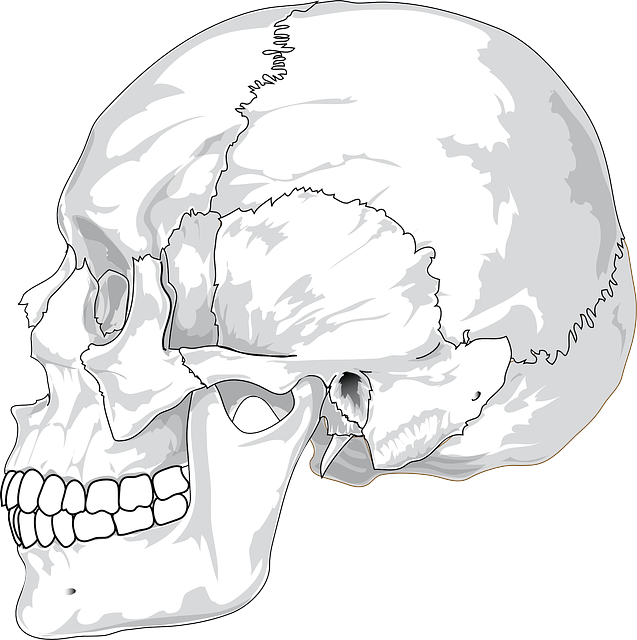Cranial reconstruction is the surgical repair of a defect or deformity of the cranium due to trauma, abnormalities or congenital defects. Performed for aesthetic and/or medical reasons. Cranioplasty is a surgical procedure in which part of the skull is reconstructed to protect the brain and restore the contour of the skull.
The registry is a web based prospective, multi-centre registry which records treatment information and outcomes for cranioplasty procedures taking place across the UK. The fundamental purpose of the registry is to gain a better understanding of key aspects of cranioplasty to help improve patient care, treatment and outcomes in the future.
More specifically the registry allows for long term surveillance of cranioplasty procedures by monitoring:
- The effectiveness of different practice patterns
- Long term clinical outcome and complication rates
- Implant usage and performance
- Patient reported outcomes
All UK Neurosurgical Units are eligible to participate, providing a wealth of information stored on the registry to help improve the knowledge amongst clinicians, healthcare providers manufacturers, regulatory authorities and other stakeholders. The registry also provides the potential to support further research studies.
The registry forms part of the National Neurosurgical Audit Programme and has been designed to enable all UK Neurosurgical Units to collect data relating to their cranioplasty procedures. By doing so the registry provides a wealth of information to help improve the knowledge amongst clinicians, healthcare providers manufacturers, regulatory authorities and other stakeholders.
This registry is provided without charge to participating Trusts.
- Any patient undergoing reconstruction of the skull vault with autologous bone, titanium or synthetic material in participating units
- Primary or revision cranioplasty on an elective or emergency basis
- Patients undergoing craniosynostosis repair
- Patients having a combined procedure (e.g. tumour excision with skull reconstruction, titanium mesh “cranioplasty” following skull base approaches)
- Aberdeen Royal Infirmary, Aberdeen
- Addenbrooke’s Hospital, Cambridge
- Beaumont Hospital, Dublin
- Charing Cross Hospital, London
- Derriford Hospital, Plymouth
- Great Ormond Street Hospital, London
- Hull Royal Infirmary, Hull
- James Cook University Hospital, Middlesborough
- John Radcliffe Hospital, Oxford
- King’s College Hospital, London
- Leeds General Infirmary, Leeds
- National Hospital for Neurology and Neurosurgery, London
- Ninewells Hospital, Dundee
- Queen Elizabeth Hospital, Birmingham
- Queen Elizabeth Hospital, Glasgow
- Queen’s Hospital, Romford
- Queen’s Medical Centre, Nottingham
- Royal Hallamshire Hospital, Sheffield
- Royal Preston Hospital, Preston
- Royal Stoke University Hospital, Stoke
- Salford Royal Hospital, Salford
- The Walton Centre, Liverpool
- University Hospital Coventry, Coventry
- Wessex Neurological Centre, Southampton
For general enquiries or help and support with the registry, email support@orion.net
For patient-related enquiries, please use add-tr.orion-support@nhs.net

